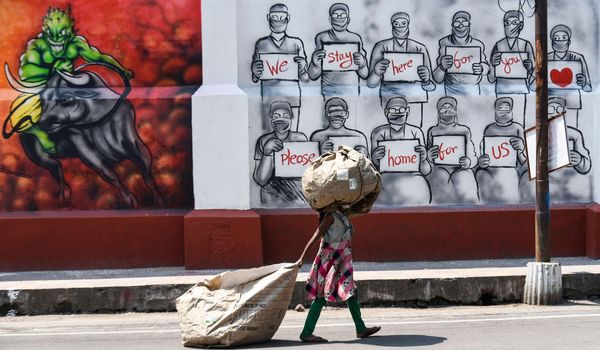By 2020, 48 million women and girls in humanitarian crises should be reached through the United Nations Population Fund (UNFPA)’s appeal in order to prevent gender-based violence (GBV) and ensure that their sexual and reproductive health and rights (SRHR) are being respected, protected and fulfilled. According to the UNFPA, ‘good sexual and reproductive health is a state of complete physical, mental and social well-being in all matters relating to the reproductive system. It implies that people are able to have a satisfying and safe sex life, the capability to reproduce, and the freedom to decide if, when, and how often to do so’.
In reference to this definition, women’s sexual and reproductive health is linked to various human rights, such as the right to life, the right to be free from torture, the right to health, the right to privacy, the right to education, and the prohibition of discrimination. For the sake of fulfilling these rights for everyone, services, goods and facilities of good quality should be available in adequate numbers, physically and economically accessible without any discrimination.
A global pandemic hits the world
Unexpectedly, at the beginning of 2020, the world’s efforts of reaching these goals were confronted with the COVID-19 pandemic that put all above-mentioned rights at risk. New challenges have occurred recently, regarding the areas of SRHR and the lives of women and girls. The global health council warns of the unforeseen consequences of pandemics on SRHR: ‘The world’s women, most of whom have inadequate access to reproductive health, often pay a higher price and bear a heavier burden when pandemics occur; at the same time, policy makers and cultural leaders are slow to respond.’
Due to the tremendous burden that public health systems had to cope with, unprecedented measures by governments around the world, including movement restrictions and (home) isolation orders, were introduced. Not only have women been disproportionally represented in the health and social services sectors, facing a higher risk of exposure to the disease, but also limited mobility and no access to provision of family planning and other sexual and reproductive health services and commodities (including menstrual health items) strongly affect women’s livelihoods. Functioning health systems are essential for safe pregnancies and childbirth.

